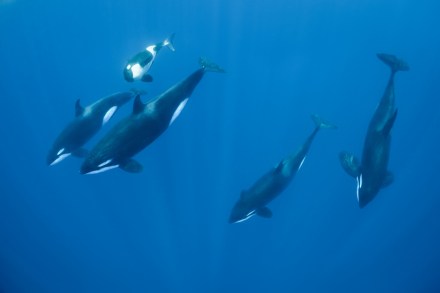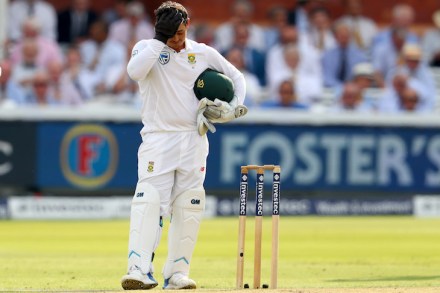Why are killer whales attacking boats?
Orcas – killer whales no less – are on the attack. They have declared war on humanity. They are systematically destroying boats in uncannily coordinated attacks. They are taking revenge because White Gladis, an orca matriarch, was traumatised after being hit by a ship. The attacks began in the seas off Spain and Portugal but



















